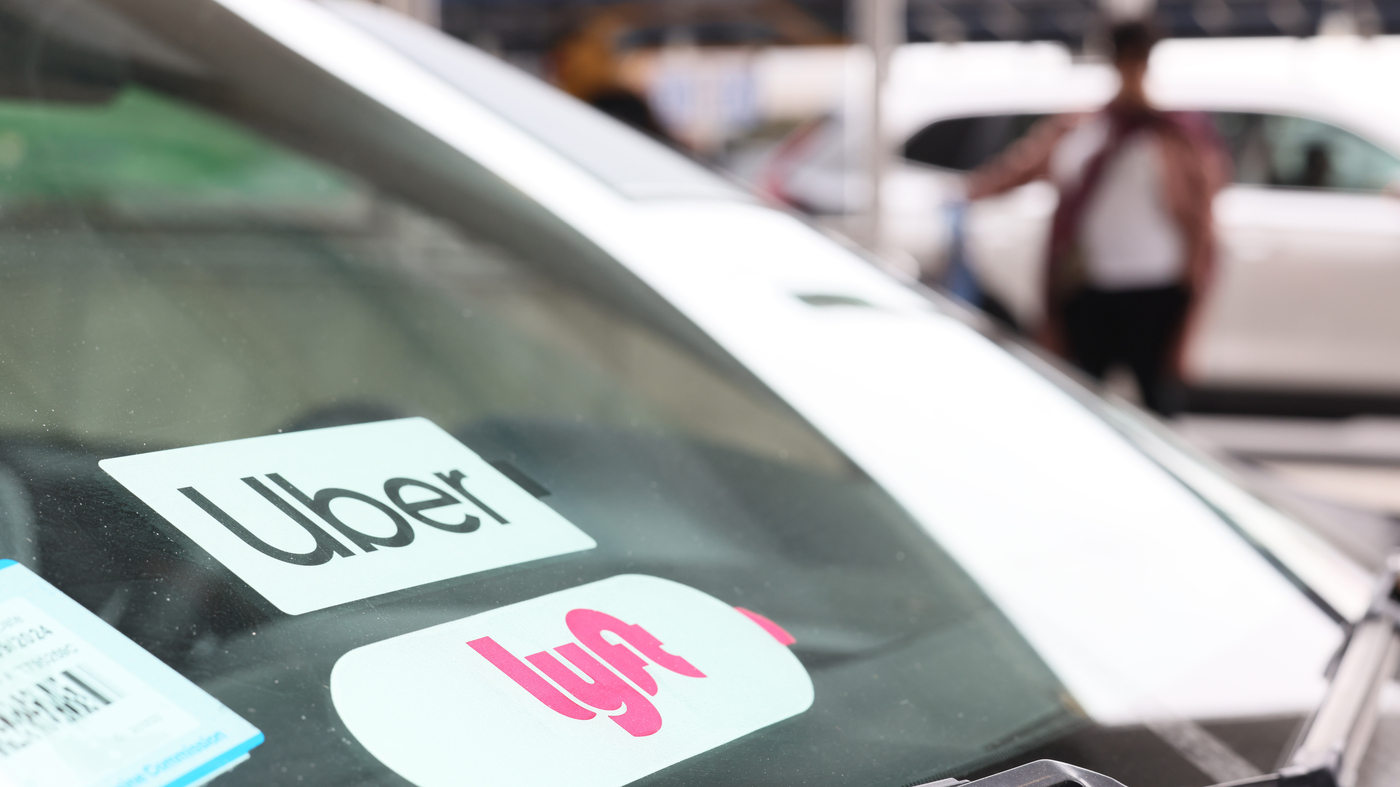Minneapolis Uber and Lyft Shouldn’t Suspend Their Line-of-Sight Service to a Lively, Affordable, High-Energy Workforce
Uber and Lyft have vowed to suspend service in Minneapolis. The announcement comes after a dramatic back-and-forth tussle with city leadership over the past year, which boils down to minimum wage pay for Uber and Lyft drivers.
Lyft spokesperson CJ Macklin calls the ordinance “deeply flawed,” as the rates were determined before the state released a study detailing how much drivers would have to be paid to earn Minneapolis’ $15.57 per hour minimum wage. There are over 18 million trips analyzed. It found that drivers could earn the city’s minimum wage — while also accounting for health insurance, paid leave, and retirement savings — with rates of $1.21 per mile and 49 cents per minute, lower than what the city council approved. “We support a minimum earning standard for drivers,” Macklin says, “but it should be done in an honest way that keeps the service affordable for riders.”
In a statement provided to The Associated Press, Minneapolis council member Jamal Osman said that affordable rides shouldn’t come at the expense of the drivers’ welfare. “Drivers are human beings with families,” he said, “and they deserve dignified minimum wages like all other workers.” He added that the “vote showed Uber, Lyft, and the Mayor that the Minneapolis City Council will not allow the East African community, or any community, to be exploited for cheap labor.”
New York, Seattle and Denver are just some of the cities that have fought minimum wage laws and driver protection legislations for years. Drivers for gig companies won’t have to be classified as employees in California under a measure that was passed on a ballot.
Kicking Uber Out: The Twin Cities Race against Corporate Giants and Political Allies: The Case of the Uber-News, the City of Twin Cities
“This is a David and Goliath story,” Council Member Robin Wonsley, the lead author on the policy, said in a statement. “Regular working-class people took on two corporate giants and their political allies, and won.”
Uber’s senior director of public affairs, Josh Gold, said “We are disappointed the Council chose to ignore the data and kick Uber out of the Twin Cities.”
The companies treat their drivers as independent contractors, which means drivers pay for their own work expenses, like car maintenance and gas. Drivers don’t get health insurance, sick pay or other employee benefits through the companies.
Labor advocates and Minneapolis ride-hail drivers say they should have the same opportunities to earn a living wage and the same rights as other workers.
